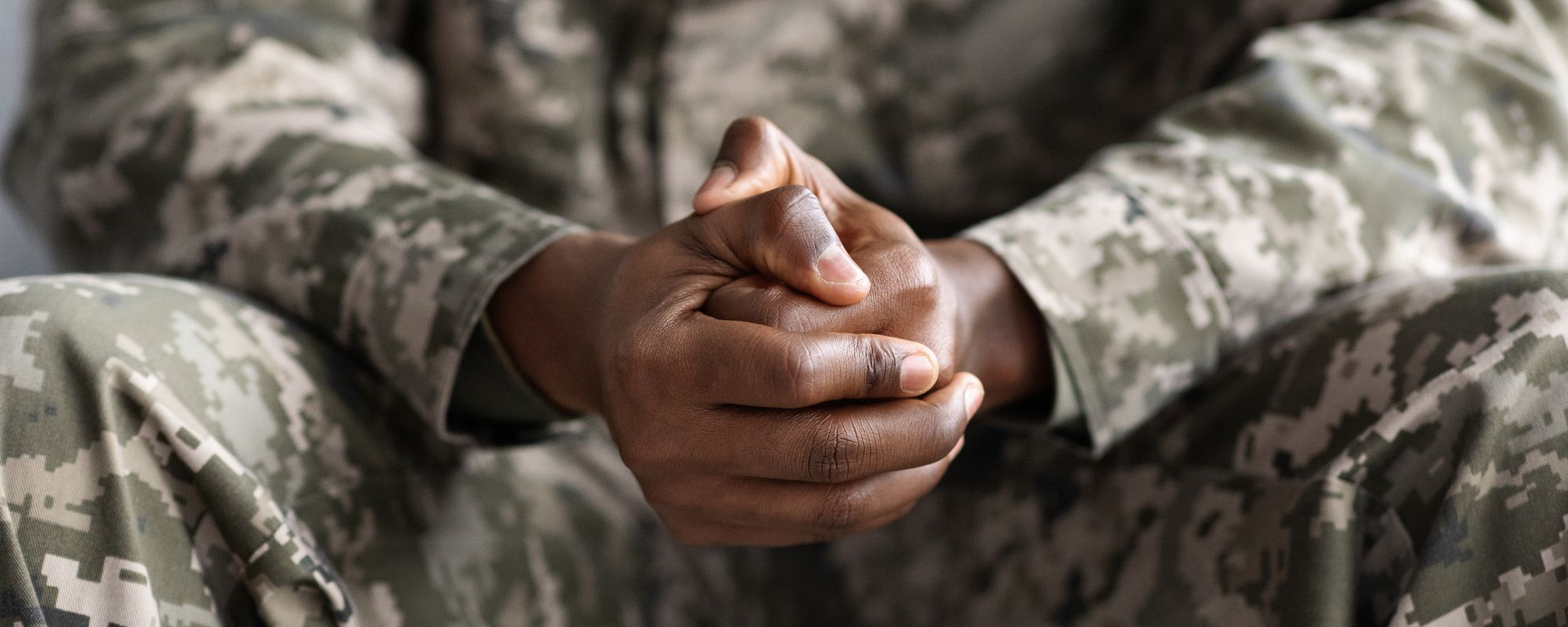At Aliya Veterans, we understand that first responders—including law enforcement officers, fire department personnel, rescue workers, and emergency medical staff—face some of the most intense and emotionally demanding experiences imaginable. These brave individuals witness critical incidents, psychological trauma, and exposure to trauma regularly, putting them at an increased risk for developing PTSD and other mental disorders. This article explores PTSD in first responders, the signs to look for, and the specialized treatments for PTSD that can help restore balance and peace of mind.
The Reality of Trauma in First Responders
Repeated exposure to trauma and traumatic stress is part of the job for many first responders. Whether it’s responding to violent crimes, severe accidents, or medical emergencies, these traumatic experiences can accumulate over time, increasing the risk of developing posttraumatic stress symptoms, depressive symptoms, and anxiety depression. Research shows a high prevalence of PTSD and major depression among first responders, with responders with PTSD often facing challenges like alcohol use disorders and burnout.
Unfortunately, the stigma associated with mental health care can prevent many from seeking help. But acknowledging the effects of stress in first responders isn’t a sign of weakness—it’s the first step toward healing.
Symptoms of PTSD Among First Responders
The symptoms of PTSD and acute stress disorder in first responders can appear gradually or suddenly. They may include:
-
Flashbacks, nightmares, or distressing memories of traumatic experiences
-
Heightened alertness or irritability
-
Avoidance of reminders of the event
-
Emotional numbness or detachment
-
Sleep problems or fatigue
-
Anxiety disorder symptoms or depressive symptoms
-
Reliance on alcohol or substances to cope
These signs reflect the deep impact of trauma in first responders and show how the job’s toll can extend to both physical and mental health.
Get confidential help from our addiction and mental health treatment facilities located across the United States. Call to join one of our quality programs today!
Speak With Our Admissions Team
Why First Responders Are at Higher Risk
The risk for developing trauma and PTSD in first responders is influenced by several factors. Constant exposure to trauma, long shifts, lack of sleep, and repeated critical incidents can lead to acute stress that may evolve into PTSD among first responders. Over time, these challenges can erode resilience and contribute to anxiety, depression, and alcohol use disorders.
Recognizing these pressures allows us to create better approaches to PTSD that respect and respond to the unique needs of those who dedicate their lives to helping first responders recover.
Evidence-Based Treatments for PTSD
Effective PTSD treatment focuses on helping individuals process and integrate traumatic memories safely. At Aliya Veterans, our PTSD clinic uses research-based methods like cognitive behavioral therapy (CBT), eye movement desensitization and reprocessing (EMDR), and prolonged exposure therapy.
-
Cognitive Behavioral Therapy (CBT): This behavioral therapy helps first responders challenge unhelpful thoughts and replace them with healthier coping patterns. Cognitive behavioral therapy CBT is a core tool in managing anxiety disorder and trauma symptoms.
-
Eye Movement Desensitization and Reprocessing (EMDR): This therapy uses guided eye movements to help the brain reprocess painful memories and reduce distress. Also known as desensitization and reprocessing EMDR, it’s highly effective in the treatment of PTSD and trauma, and for first responders.
-
Prolonged Exposure Therapy: A form of exposure therapy where patients safely revisit traumatic memories under professional guidance to reduce avoidance and emotional intensity.
These therapies address trauma and PTSD holistically—helping first responders regain confidence, control, and end substance abuse for a hope for the future.
Looking for quality treatment for substance abuse and mental health that’s also affordable? Aliya Veterans treatment facilities accept most major insurance providers. Get a free insurance benefits check now!
Check Your CoverageBuilding a Future Beyond Trauma
Recovery from PTSD in first responders is possible with the right support. Our trauma-informed program at Aliya Veterans provides comprehensive care that integrates treatments for PTSD, addiction recovery, and responder mental health resources. We help each individual heal from trauma and first responders’ experiences while rebuilding their sense of purpose.
Life after trauma can include peace, fulfillment, and resilience. If you or someone you know is struggling with trauma and PTSD, responders mental health issues, or substance abuse, reach out today. With compassionate care, research-based treatment, and a community that understands the weight of your service, healing is possible.
You’ve spent your career helping others—now it’s time to let someone help you.
Contact Aliya Veterans to begin your path to recovery and find lasting strength beyond trauma.


- Healthy Holiday Routines: Maintaining Structure, Sleep, and Self-Care When Your Normal Schedule Changes - November 12, 2025
- PTSD Treatment in Irvine, CA: A Veteran‑Focused Path to Healing - November 5, 2025
- PTSD Rehabs in California: Specialized Trauma Recovery for Veterans and First Responders - November 5, 2025












